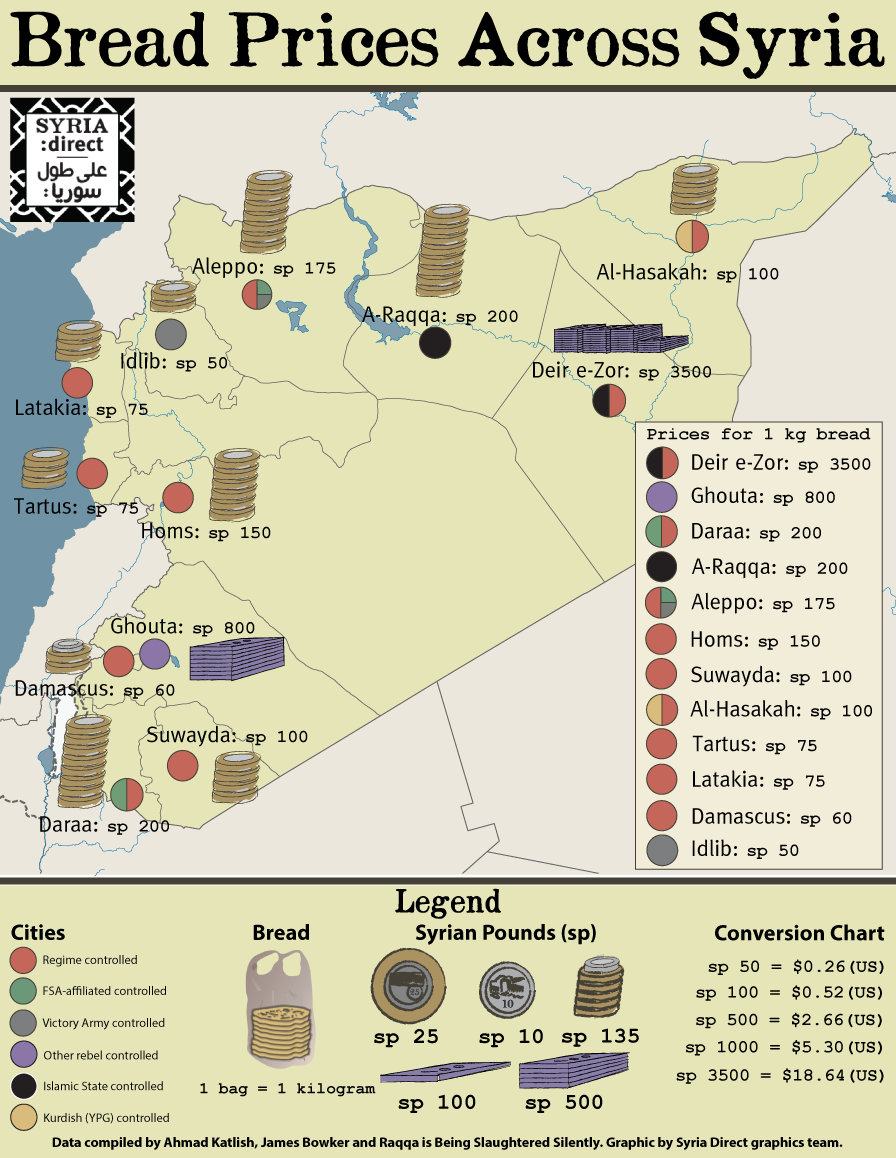Combining several forum threads into one new thread. The conflict has grown across Syria, Iraq and Turkey and is definitely interrelated.
Rojava News
Turkey News in regards to the conflict between AKP-state/Turkey and the PKK (as well as the YDG-H), the HDP, etc...
Iraq Protests in regards to the KRG presidential term limit, protests against corruption, the ongoing bombings by Turkey, ISIS in Mosul and Sinjar and the PKK in Sinjar, Kirkuk, Makhmour, Amelia, pipeline bombings
Some other relevant threads:
Black Rose on the massacre in Suruç
Rojava economy and class structure
Kurdistan? - Gilles Dauvé
Anarchist Federation statement on Rojava: December 2014
Anarchists join fight against IS to defend Kurdish autonomous areas
No. This is a Genuine Revolution - Interview with Graeber by Evrensel Newspaper
The experiment of West Kurdistan (Syrian Kurdistan) has proved that people can make changes - Zaher Baher
'Rojava revolution' reading guide
The Rojava resistance: rebirth of the anticapitalist struggle - Salvador Zana
Mr. Anarchist, we need to have a chat about colonialism
Dear Cheerleaders, we need to have a chat about imperialism
Dear Mr. Anarchist, You Aren’t Listening
Andrew Flood's "Resources on the Rojava revolution in West Kurdistan (Syria)" is also useful.
There are a number of good reddits:
r/syriancivilwar (19,347 subscribers, best aggregator of news about the conflict in Syria, but also in Iraq and Turkey)
r/Kurdishconflicts
r/Kurdistan
r/Rojava
Ekurd Daily: langauges: English
NRTV
Mutlu Civiroglu, journalist, Constitution of the Rojava Cantons
http://xendan.org : langauges: Kurdi, Arabic
http://kurdistantribune.com/
http://www.kurdpress.com/en/
http://natawapress.com/
http://milletpress.com: PUK, languages: Kurd (Sorani), Arabic, English
ANF News ( http://firatnews.com, http://anfkurdi.com, http://anfenglish.com, http://anfarabic.com, http://anfpersian.com). languages: Kurd, Turkish, Farsi, Arabic, English
ARA News ( http://aranews.org, http://aranews.net ): languages: Arabic, English
http://ezidipress.com: pro-HPS, pro-PUK, languages: Kurd (Kurmanji), Arabic, Deutsch, Russian, English
http://rojname.com: languages: Kurd(Kurmanji), Kurd (Sorani), English, Deutsch, Français, Español, Italiano, Russian, Türkçe, Arabic, Farsi
Kurdish Question: pro-KCK (PKK), languages: English
Rojava Report: pro-PYD (KCK), languages: English ( http://en.firatajans.com/features/be-your-own-media )
http://kritisches-netzwerk.de: pro-PKK, languages: Deutsch
http://roarmag.org: pro-PYD (KCK), languages: English
http://new-compass.net: social ecologist, pro-KCK, languages: English
Rudaw: KDP, multiple articles per day. languages Kurd (Sorani), Arabic, Türkçe, English
Rudaw was established and fully sponsored by Nechervan Barzani, KDP senior leader and KRG Prime Minister.
Kurdwatch: anti-PYD/anti-PKK, languages: Kurdi, English, Deutsch, Arabic
Kurdwatch the project of Siamend Hajo and Eva Savelsberg in Berlin. Siamend Hajo being the leader of an expelled faction (the Shaykhmus-wing) of the Kurdish Future Movement. Both factions of the Kurdish Future Movement joined the Kurdish National Council. And Hajo's faction being anti-PYD, while the other faction is willing to talk with PYD. The European Centre for Kurdish Studies in Berlin is also their outfit. Savelsberg is the chair of the board, and Hajo is the treasurer--convenient that. http://kurdologie.de/
And then there are non-Kurdistan specific websites that often have good analysis or news:
http://www.al-monitor.com/
http://www.jamestown.org/middleeast/
http://www.iraqoilreport.com/
https://www.foreignaffairs.com/
http://www.middleeasteye.net/
https://www.the-newshub.com/@pauliddon
Also there are a lot of good tweeters out there:
https://twitter.com/RedurXelil Spokesperson for the YPG
https://twitter.com/DefenseUnits YPG official Twitter
https://twitter.com/DefenseUnitsYPJ YPG official Twitter
https://twitter.com/pyd_rojava PYD official Twitter
https://twitter.com/serokepyd Saleh Moslem official Twitter, Co-President of PYD
https://twitter.com/mutludc Journalist
https://twitter.com/kovandire in Hasakah
https://twitter.com/ColdKurd
https://twitter.com/dilkocer
https://twitter.com/Della_09
https://twitter.com/MemoInfor
https://twitter.com/AmKurBret
https://twitter.com/esu_int
https://twitter.com/KurdishQuestion
https://twitter.com/shamsashahin
https://twitter.com/EndezyareKurd
https://twitter.com/ArjDnn
https://twitter.com/r3sho
https://twitter.com/pitpitok
https://twitter.com/PacalOmer
https://twitter.com/MarkMonmonier Anarchist Geographer
https://twitter.com/cizirecanton Cartographer
https://twitter.com/sylezjusz Cartographer
https://twitter.com/jackshahine Journalist
https://twitter.com/ver_scholl_en
https://twitter.com/Nikopol5
https://twitter.com/Avashin
https://twitter.com/infamousKlaus
https://twitter.com/Gorran_Change Gorran political party official Twitter
https://twitter.com/JinhaWomensNews
https://twitter.com/SlemaniTimes
https://twitter.com/SerioSito
















 Can comment on articles and discussions
Can comment on articles and discussions
(click for an interactive map)
In Bakur, it seems like a number of areas have now declared self-governance and are treating AKP-state as illegitimate.
Eight soldiers killed, Kurdish mayors arrested as southeast Turkey erupts